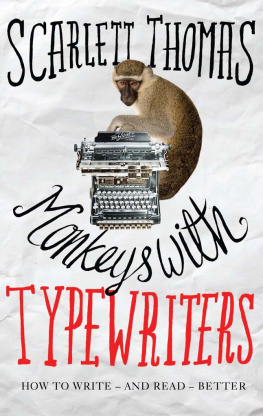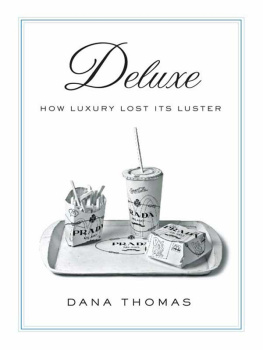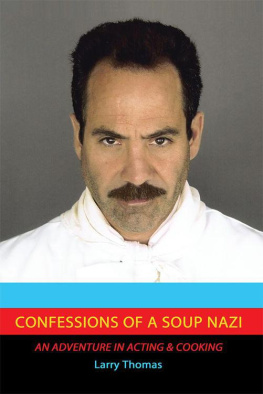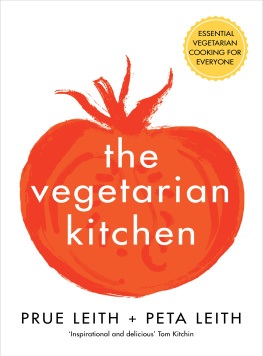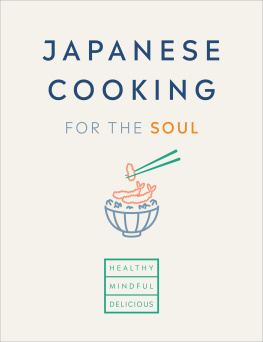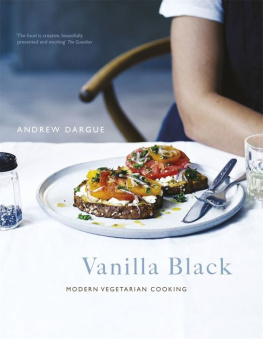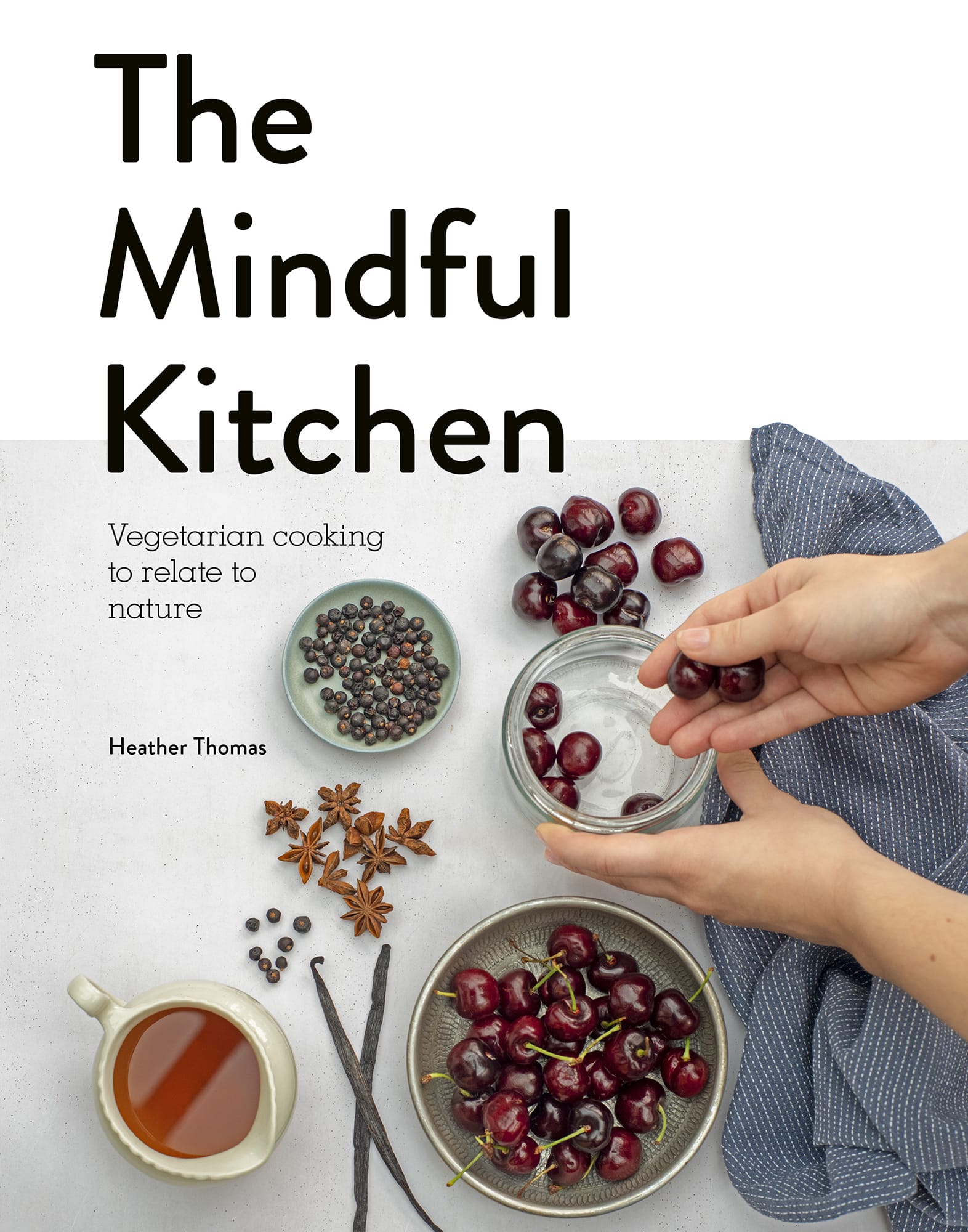The Mindful Kitchen
Vegetarian cooking to relate to nature
Heather Thomas

Introduction
Getting Reacquainted with Mother Nature
When I was a child, one of my favorite books was Brother Eagle, Sister Sky: A Message from Chief Seattle. It centers on the belief held by the North American indigenous people that the earth does not belong to us; instead, we belong to it. I would lose myself in the dreamlike illustrations that accompanied the wisdom shared by the respected tribal leader, Chief Seattle. He explained: We did not weave the web of life, we are merely a strand in it. Whatever we do to the web, we do to ourselves. More than a century and a half ago, Seattle was making an impassioned plea that when we harm the earth, we are also harming the people who live on the earth. Today, in a world where experiencing anxiety and depression is normal, in which loneliness has become an epidemic, and where human-induced climate change and environmental degradation have resulted in or are threatening the extinction of many species (including ourselves), there are clearly some loose strands in our web. So, how do we mend it? Can the business of being human support abundance for all forms of life? The good news is that there is scientific, economic, sociological, and psychological evidence that says that we can. So why dont we?
Simply put, change can be tough. And the changes required to build a better world for all are complex. In my Mindful Kitchen workshops, almost every week someone says something along the lines of: Trying to live my values in this world is exhausting. I want to be the change, but I feel like I am constantly making compromises. Then I beat myself up. Completely understandable. However, beating ourselves up is not going to get us anywhere. Movements that make the world a fairer place are generally not built on the foundations of fear, shame, and self-loathing. Instead, they are built on humility, empathy, wonder, compassion, and, the ingredient that connects them alllove.
We did not weave the web of life, we are merely a strand in it. Whatever we do to the web, we do to ourselves.
I stay energized by reminding myself that we are living in a world in transition. The changes required to build regenerative systems (economic, energy, food, and transport systems) are much bigger than I am. Collectively, we need to stop fearing and feeding systems that do not serve us or the life on which we depend. Transformation will result from the accumulation of a multitude of seemingly small actions. Yet, we must push the transition toward a more equitable world for all forms of life, without fostering unrealistic expectations that any one of us can behave as if we dwell in that world already. This book offers suggestions on how to create sustainable change using food as the tool that viscerally connects us to all of nature.
Expanding Identity
Impactful behavior change begins with mindset change, encapsulated by the phrase from head to hands to habit. What type of systems would we create if we all thought of ourselves as interdependent parts of nature? The systems that we designed to run our human-centric world are built on a dualist assumption: the us in the equation is people and the them is nature. What if we were to reframe that assumption? Instead of valuing our human independence from nature, what if we built systems that recognized the interconnectedness and, going deeper into Chief Seattles web, the interdependence of all forms of life? These are the types of questions that eco-psychologists who study nature relatedness ask. Nature relatedness is the extension of your identity beyond the human realm (brother/sister, teacher/pupil, athlete/couch potato you get my meaning) to the all-encompassing natural worldwide web. If you hold a nature-related identity, when you go for a walk in the woods, you go beyond admiring its beauty. As you breathe in the scent of flowers, listen to the crunch of fallen leaves beneath your feet, or admire the nobility of the tree that soars aboveyou feel as secure as you do at home, as though you are a part of the woods.
Researchers have discovered that the more we begin to identify as being a part of nature (which can be measured by plotting your perspectives on a nature-relatedness scale) we decrease our stress and anxiety levels, enhance our cognitive and creative abilities, and, by default, we begin to adopt more ecologically beneficial behaviors. Essentially, identifying AS nature improves our lives and the life upon which we are dependent.
Human identity is malleable but change doesnt happen overnight. Practice leads to progress. If we are eventually to nail a Mozart concerto, we have to start by playing simple scales. Nature relatedness is the same as mastering the piano. Our identity shifts over time if we repeatedly approach experiences in nature with an open-minded intent to create change. Yet, as more than half the human population now lives in urban jungles, nature increasingly feels as though it is out there, something separate from us, hard to access daily. Reform that thought!
There is one thing that we do every day, cannot avoid, and probably enjoy, which reinforces our identity as an interdependent part of the natural world, if we choose to let itand that is eat. Pause for a moment and consider how every morsel of food that you have ever eaten has been brought to you by a well-nigh magical collaboration of people, plants, animals, wind, water, soil, sun, and countless tiny microorganisms that you will probably never see.
Food is the great connector of life. Each time we put a bite of food into our mouths, we are in a process of exchange with the entire natural world that created and sustains us. The word exchange implies reciprocation. And when we exchange gifts, we give as well as receive. What an opportunity for mindset shift!
About this Book
The Mindful Kitchen offers you a blueprint for building a nature-relatedness practice through the food you eat. The aim of this book is to help you develop the skills you need to read the language of nature on your plate, to help you nurture your relationship with yourself as a part of nature and, in doing so, to shift your mindset to foster your ability to play your part in creating a regenerative world that fosters abundance for all forms of life. With due diligence, along the way you should begin to see your behavior shifting in a more ecologically friendly way.
What are more ecologically friendly food behaviors? Eating more local, organically produced plant-based foods (and wasting less of them) on a seasonal basis is the general rule of thumb, supported by the recipes in this book. But also critical is the impact the production of those plant-based foods has on maintaining the ability of the ecosystem to regenerate itself. That means considering the role that some livestock have in maintaining the balance of an ecosystem long since adapted to their presence. For example, evidence shows that livestock are important for keeping soil healthy and maintaining microbiotic diversity that other life-forms, including humans, need for maintaining resistance to disease. That is why I include vegetarian as well as vegan recipes in this book.
The point here is that the food system is complex. To make ecologically balanced choices requires a person to be able to consider complex variables that are difficult to boil down to a one size fits all list.


